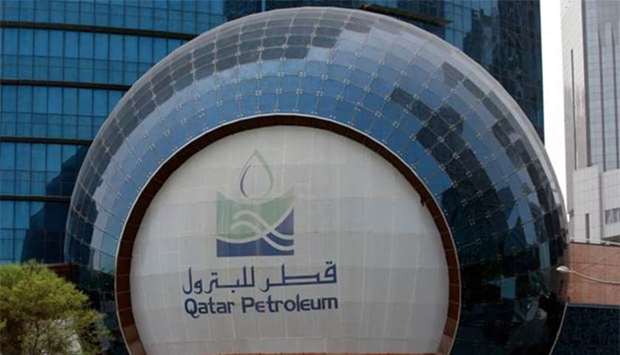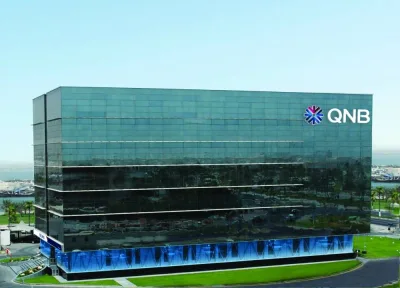*In its latest Sustainability Report, QP said, “We are focusing on reducing emissions from the use of our products in the transport segment."
Qatar Petroleum remains fully committed to reducing emissions from its own operations and where it holds equity, and understands the need to account for GHG emissions along its value chains to accelerate decarbonising society.
In its latest Sustainability Report, QP said, “We are focusing on reducing emissions from the use of our products in the transport segment. We are investing in environmentally friendly fuels, which can be blended with existing fuels such as jet and diesel to reduce GHG emission from transportation and aviation.”
“When used in light-duty vehicles (LDVs) and aircraft, these fuels can be a cost-effective to reduce CO2 emissions. Two initiatives currently taking place are the GTL jet blending project and the use of compressed natural gas (CNG) fuel within Qatar’s industrial cities.”
Through the GTL diesel blending project, QP is planning to supply environmentally-friendly diesel to local markets and achieve diesel supply chain resiliency in Qatar.
The use of blended GTL diesel, QP said, has “many positive environmental attributes and will help reduce” environmental emissions.
“Indeed, the use of GTL diesel fuel in vehicles results in large reductions of carbon monoxide, hydrocarbon and particulate emissions without compromising NOx emissions. Furthermore, GTL diesel is an ultra-clean fuel containing virtually no sulphur and no aromatics. It is odour-free with a Cetane number > 70.”
According to QP, the use of natural gas as a transportation fuel has grown at an “impressive” rate over the last few years around the world. It is set to accelerate, given its economic and environmental benefits.
CNG offers many advantages over diesel and gasoline fuels for the transportation fleet. It provides substantial savings in operating cost, reduction in emissions and pollutant levels, and extends the life of the engine. Another key health benefit in using CNG fuel is the removal of particulate matters (PM), which are known to be carcinogenic.
CNG vehicles do not produce evaporative emissions, as the fuel systems are completely sealed. QP has launched the CNG project to develop natural gas as an alternative transportation fuel and encouraging its use in transportation within industrial areas.
As part of this project, QP plans a phased replacement of the existing diesel buses currently operating within the industrial areas (Ras Laffan and Mesaieed) with a new purpose-built CNG fleet in a phased manner. The plan also includes the use of CNG buses during the construction phase of future LNG projects.
A pilot CNG station is already operational in Doha since 2012 and is used by Mowasalat (local provider for transportation solutions and services) to fuel their CNG fleet.
In its Sustainability Report, QP said, “Qatar is planning to set corporate average fuel economy (CAFE) standards for road transportation tackling fuel economy and efficiency for all new light duty vehicles (LDVs), assessing tire rolling resistance standards, mandatory retirement for older cars, age restriction on vehicle imports and periodic inspections. We are currently working closely with the authorities for the effective implementation of the CAFE standard in the State of Qatar.”




